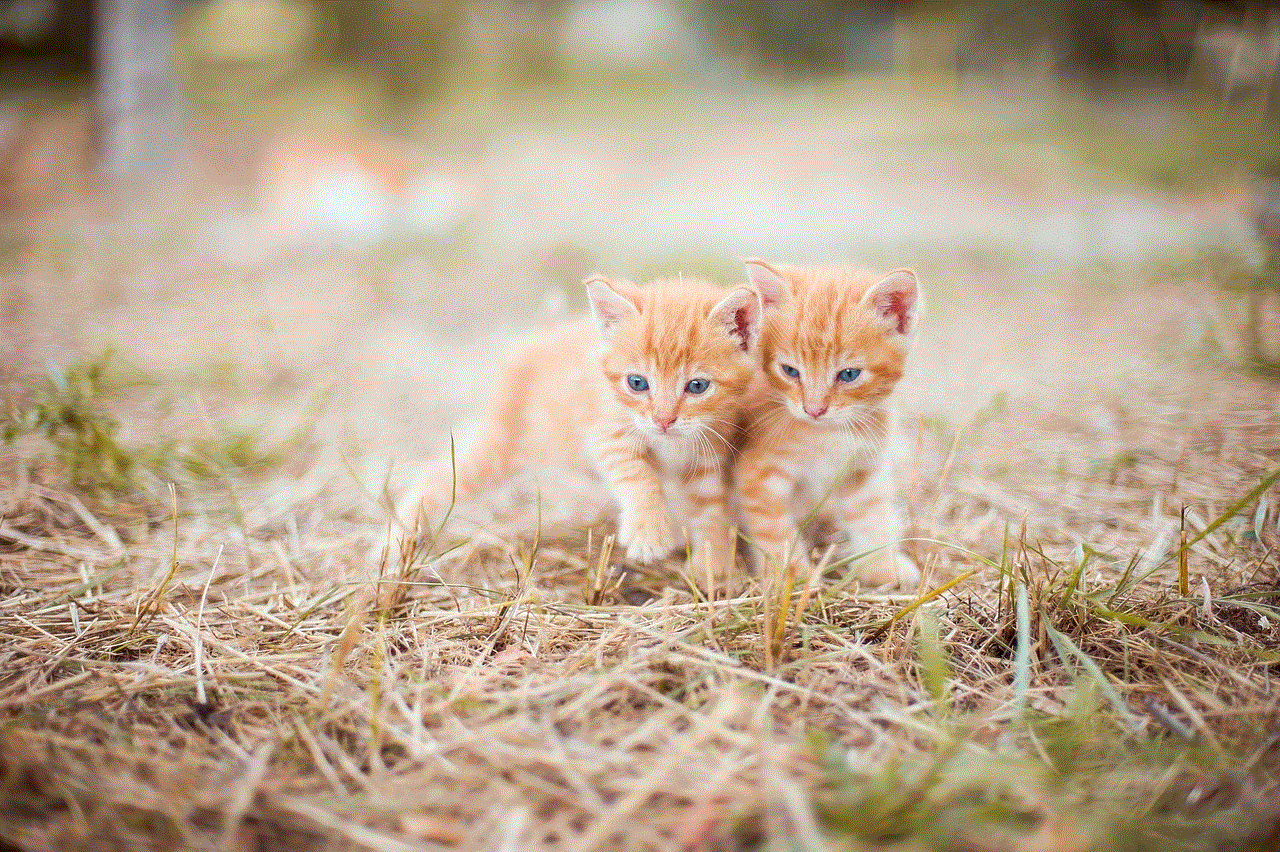tips for potty training girls
Potty training can be a challenging and often frustrating process for parents, but it is an important milestone in a child’s development. While the process is similar for both boys and girls, there are some unique tips that can help parents when it comes to potty training girls. In this article, we will explore some expert tips and strategies for potty training girls, and provide parents with the necessary tools to make the process as smooth and stress-free as possible.
1. Start at the Right Time
The first step to successful potty training is starting at the right time. While there is no exact age for when a child should be potty trained, most experts recommend starting between 18-24 months. Girls may show signs of readiness earlier than boys, so it is important to pay attention to your child’s cues. Some signs of readiness include showing interest in the potty, being able to communicate when they need to go, and staying dry for longer periods of time. It is also important to remember that every child is different, and potty training may take longer for some children. Don’t rush the process, and be patient and consistent.
2. Get the Right Equipment
When it comes to potty training, having the right equipment is essential. For girls, it is important to have a potty chair that is comfortable and easy to use. Many potty chairs come with a splash guard, which can be helpful for girls to avoid any messes. Another option is a potty seat that fits on top of the regular toilet seat. This can be a good choice for girls who are more comfortable using the “big” potty. Whichever option you choose, make sure it is at a comfortable height for your child, and that they feel safe and secure while using it.
3. Teach Proper Wiping Technique
One of the main differences between potty training boys and girls is teaching proper wiping technique. While boys can be taught to wipe from front to back, girls need to be taught to wipe from front to back to avoid any risk of infection. It is important to teach girls this technique from the very beginning of potty training to ensure good hygiene habits.
4. Use Positive Reinforcement
Positive reinforcement is a key component of successful potty training. Girls respond well to praise and encouragement, so make sure to celebrate every small success. This can be in the form of stickers, treats, or simply verbal praise. Avoid punishments or negative reactions when accidents happen, as this can create anxiety and setbacks in the potty training process.
5. Dress for Success
When potty training girls, it is important to dress them in clothing that is easy to get on and off. Avoid overalls, jumpsuits, and other complicated outfits that can be difficult for a child to manage on their own. Dresses and skirts can also be tricky, as they may get in the way while using the potty. Opt for loose-fitting pants with elastic waists, and make sure your child is wearing clothes that they can easily pull down on their own when using the potty.
6. Teach Proper Hand Washing
Good hygiene habits go hand in hand with potty training. Teach your child proper hand washing techniques, and make it a part of the potty training routine. This will not only help prevent the spread of germs, but also reinforce good hygiene habits that will last a lifetime.
7. Create a Routine
Children thrive on routine, and potty training is no exception. Create a consistent routine around potty training, and stick to it as much as possible. This can include taking your child to the potty at regular intervals throughout the day, such as after meals or before naptime. This will help your child get used to the idea of using the potty and will make them more comfortable with the process.
8. Make it Fun
Potty training doesn’t have to be all serious and business. Make it a fun and positive experience for your child by incorporating games, songs, and other activities into the routine. You can also let your child pick out their own potty chair or underwear with their favorite characters to make it more exciting for them.
9. Address Nighttime Training Separately
Many parents wonder whether they should potty train during the day and at night at the same time. However, it is important to address nighttime training separately. Most children are not developmentally ready to stay dry through the night until they are 3-4 years old. It is important to be patient and not push your child to stay dry at night before they are ready.
10. Be Prepared for Setbacks
Potty training is not a linear process and there will likely be setbacks along the way. Accidents will happen, and it is important to stay calm and patient. If your child is showing signs of resistance or regression, take a step back and try again in a few weeks. It is important to remember that every child is different and each child will progress at their own pace.
11. Seek Professional Help if Needed
While most children will eventually become potty trained, some may have difficulties that require professional help. If your child is showing signs of resistance, anxiety, or other behavioral issues related to potty training, it may be helpful to seek advice from a pediatrician or child psychologist. They can provide guidance and support to help you and your child through the process.
Potty training girls can be a challenging and sometimes messy process, but with the right tips and strategies, it can also be a rewarding and exciting milestone. Remember to be patient, consistent, and positive, and your child will be potty trained in no time. And don’t forget to celebrate every small success along the way!
signs toddler is jealous of new baby
Welcoming a new baby into the family is an exciting and joyous occasion. However, it can also bring about a rollercoaster of emotions, especially for your toddler. While you may be overjoyed with the arrival of your little one, your toddler may not share the same sentiments. In fact, it is not uncommon for toddlers to exhibit signs of jealousy towards their new sibling. As a parent, it can be concerning and overwhelming to see your child display such emotions. In this article, we will explore the signs that your toddler may be jealous of the new baby and discuss ways to manage and overcome this common issue.
1. Regression in Behavior
One of the most common signs of jealousy in toddlers is regression in behavior. This can manifest in various ways such as bedwetting, thumb sucking, or even throwing tantrums. This regression is a way for your toddler to seek attention and comfort from you, just like the new baby receives. Your toddler may also start exhibiting behaviors that they have outgrown, such as wanting to be fed or dressed like a baby. This regression can be frustrating for parents, but it is essential to understand that it is a normal reaction to the new addition to the family.



2. Refusal to Share
Toddlers are known for being possessive of their belongings. However, when a new baby comes along, they may become even more protective of their things. Your toddler may refuse to share their toys or other items with the new baby, and this can be a sign of jealousy. They may also become possessive of their parents and demand more attention from them.
3. Acting Out
Jealousy can also lead to your toddler acting out in various ways. They may start misbehaving or throwing tantrums, especially when the new baby is around. This acting out is a way for them to express their feelings of jealousy and seek attention from their parents. It is essential to recognize that this behavior is not intentional, and your toddler is simply trying to cope with the changes in the family dynamic.
4. Increased Clinginess
Toddlers who are jealous of their new sibling may also become more clingy towards their parents. They may constantly want to be held or be in close proximity to their parents, even if they were previously independent. This clinginess is their way of seeking reassurance and security from their parents, especially when they see their attention being divided between them and the new baby.
5. Ignoring the New Baby
Your toddler may also show signs of jealousy by completely ignoring the new baby. They may refuse to acknowledge the baby’s presence or even act as if the baby does not exist. This behavior can be concerning for parents, but it is important to understand that it is simply their way of coping with the changes in the family.
6. Aggressive Behavior
Jealousy can also manifest in toddlers through aggressive behavior. This can include hitting, pushing, or even biting the new baby. It is essential to address this behavior immediately and teach your toddler that it is not acceptable. It is crucial to explain to your toddler that the new baby is fragile and needs to be treated gently.
7. Seeking Negative Attention
Toddlers who are jealous of their new sibling may also seek negative attention from their parents. They may start misbehaving or breaking rules, knowing that it will get them attention from their parents. This can be a frustrating cycle, but it is important to address the underlying issue of jealousy rather than punishing your child for their actions.
8. Withdrawing from Activities
Another sign of jealousy in toddlers is withdrawing from activities that they previously enjoyed. They may no longer want to play with their toys or participate in their favorite activities. This withdrawal is a way for them to express their feelings of jealousy and seek comfort from their parents. It is crucial to encourage your toddler to continue with their activities and spend quality one-on-one time with them to make them feel valued and loved.
9. Showing Disinterest in the New Baby
Your toddler may also show disinterest in the new baby, avoiding any interaction with them. They may not want to hold or play with the baby, and this can be a sign of jealousy. It is important to involve your toddler in caring for the new baby and make them feel like an important part of the family.



10. Constant Comparison
Jealousy can also lead to your toddler constantly comparing themselves to the new baby. They may feel like they are not as important or loved as the new addition to the family. As a parent, it is crucial to reassure your toddler that they are loved and valued, and the new baby does not diminish that in any way.
Managing Jealousy in Toddlers
Now that we have explored the signs of jealousy in toddlers, let’s discuss ways to manage and overcome this issue.
1. Acknowledge and Validate Your Toddler’s Feelings
It is essential to acknowledge and validate your toddler’s feelings of jealousy. Let them know that it is normal to feel this way when a new baby arrives. This validation can help your child feel understood and heard, and it can also open up a channel for communication.
2. Spend Quality Time with Your Toddler
With the arrival of a new baby, it is natural for parents to be overwhelmed and busy. However, it is crucial to make time for your toddler and spend quality one-on-one time with them. This can help them feel loved, valued, and secure in their place in the family.
3. Involve Your Toddler in Caring for the New Baby
Involving your toddler in caring for the new baby can help them feel more connected and involved. You can ask them to help with simple tasks such as bringing a diaper or a toy for the baby. This can also help your toddler develop a sense of responsibility towards their sibling.
4. Encourage Positive Behavior
Instead of punishing your toddler for their negative behavior, it is essential to encourage and praise their positive behavior. This positive reinforcement can encourage your child to continue with their good behavior and help them feel valued and appreciated.
5. Avoid Comparing Your Children
It is crucial to avoid comparing your children, especially in front of them. This can make your toddler feel like they are not as good as their new sibling. Instead, focus on their individual strengths and celebrate their unique qualities.
6. Be Patient and Understanding
Managing jealousy in toddlers takes time, and it is important to be patient and understanding throughout the process. It can be a challenging time for your child, and they may need extra love and support from their parents.



In conclusion, it is normal for toddlers to exhibit signs of jealousy towards their new sibling. As a parent, it is important to understand and acknowledge their feelings and provide them with love and support. With time and patience, your toddler will adjust to the new family dynamic and develop a strong bond with their new sibling. Remember to involve your toddler in caring for the new baby and spend quality one-on-one time with them. With these tips, you can help your toddler overcome their jealousy and foster a loving relationship between siblings.